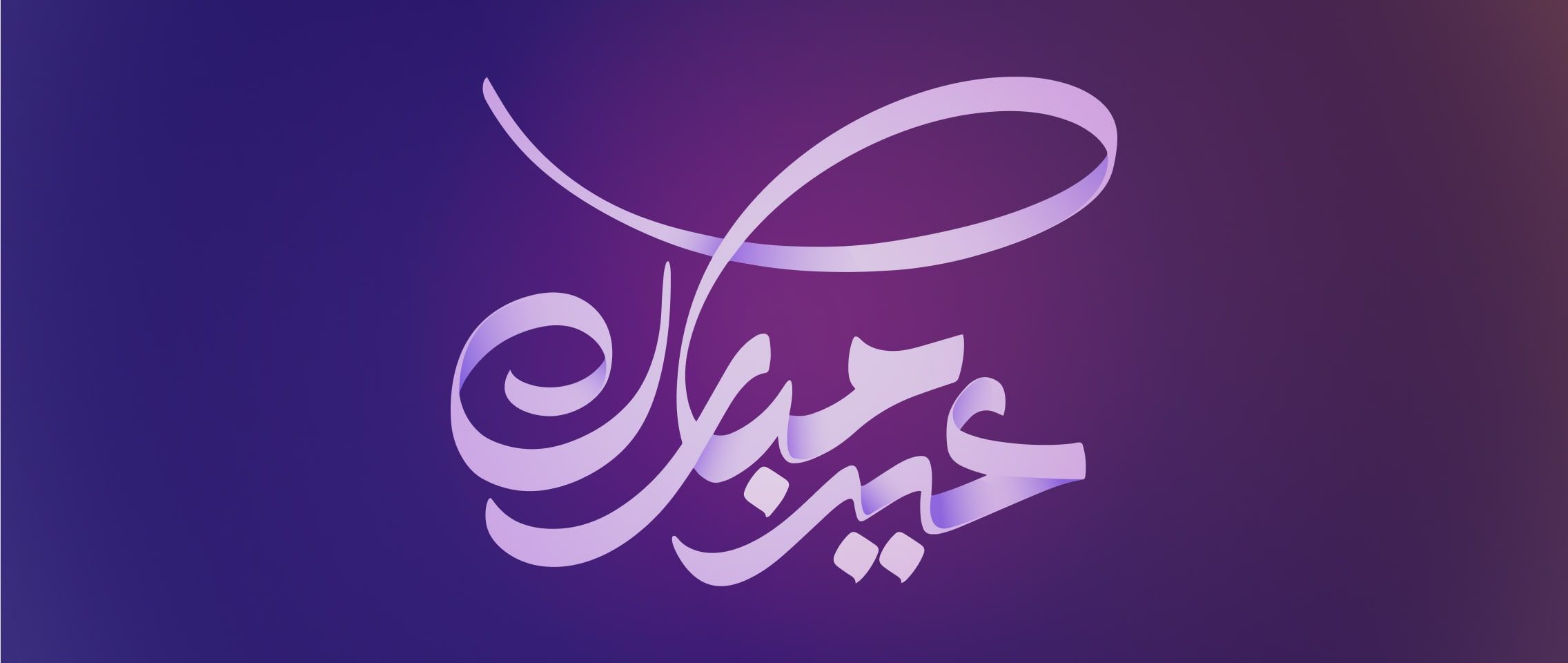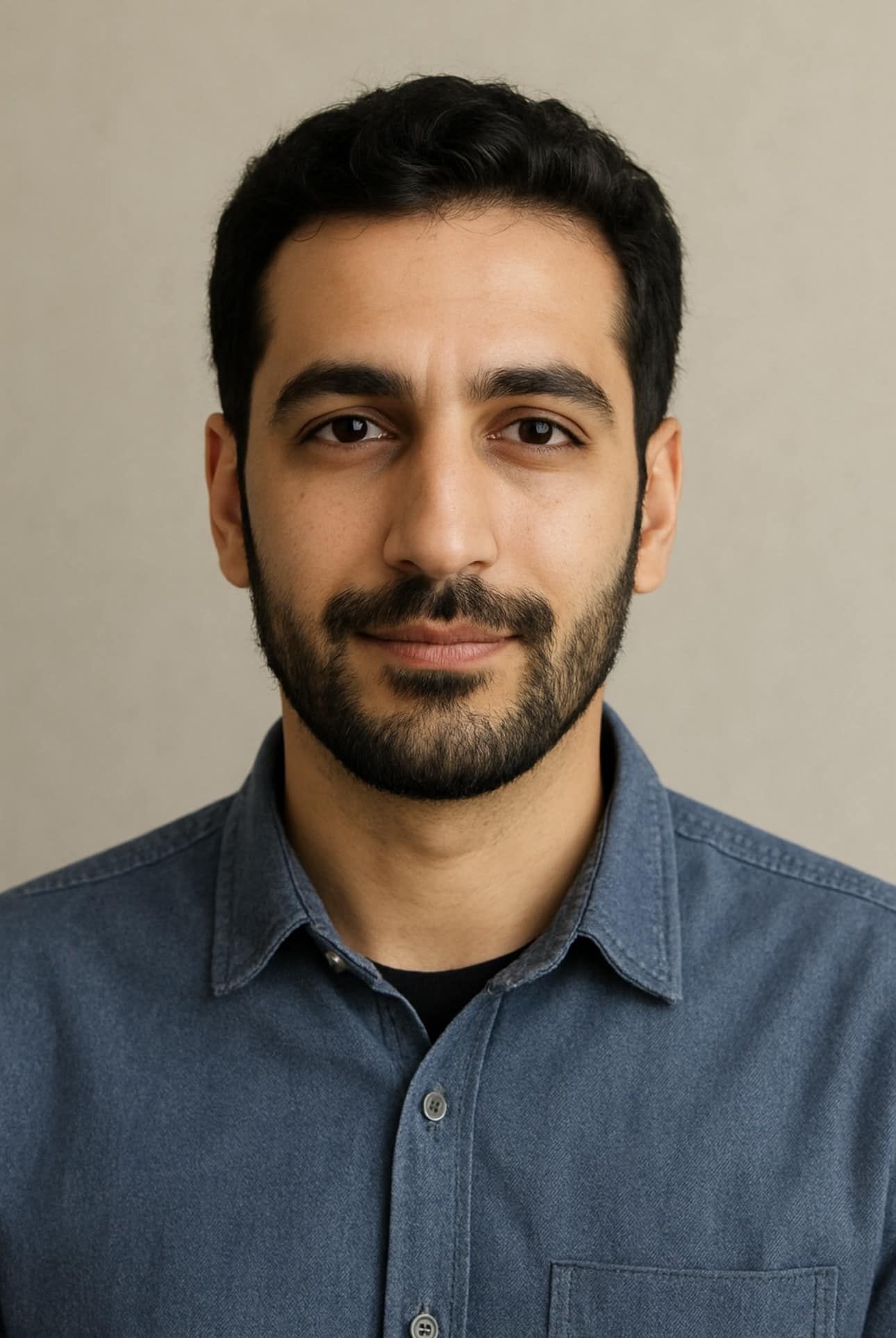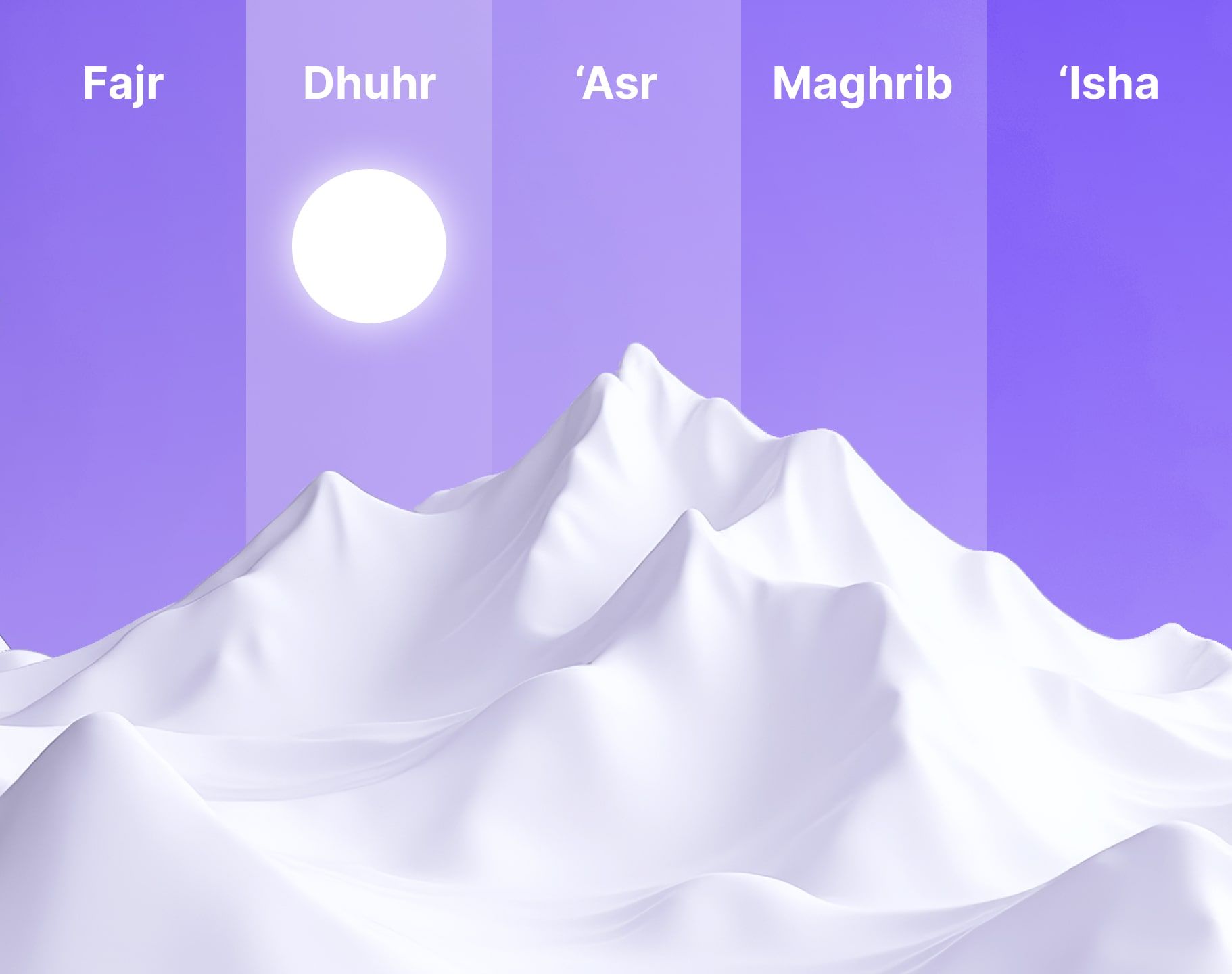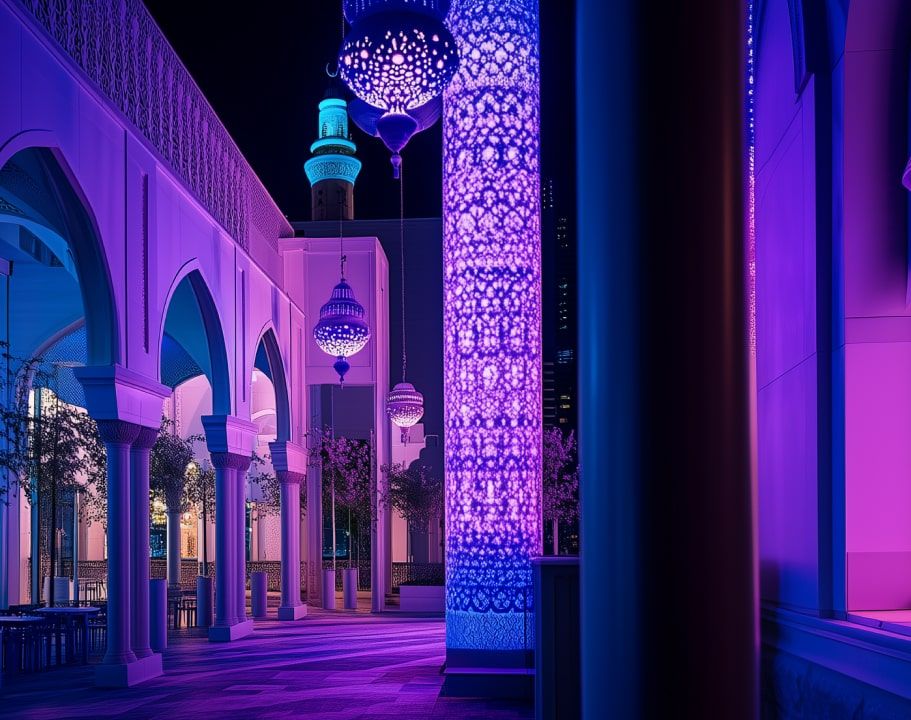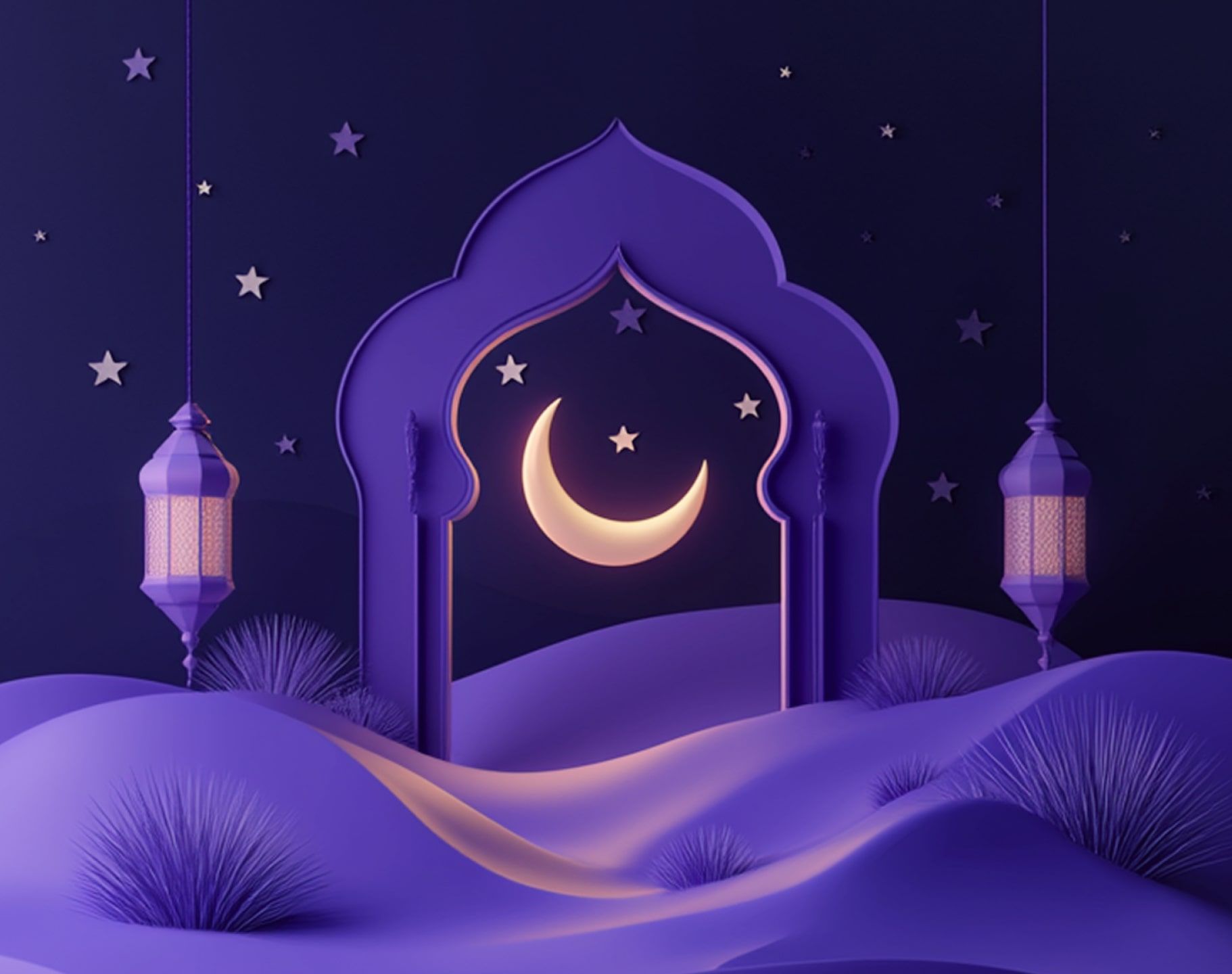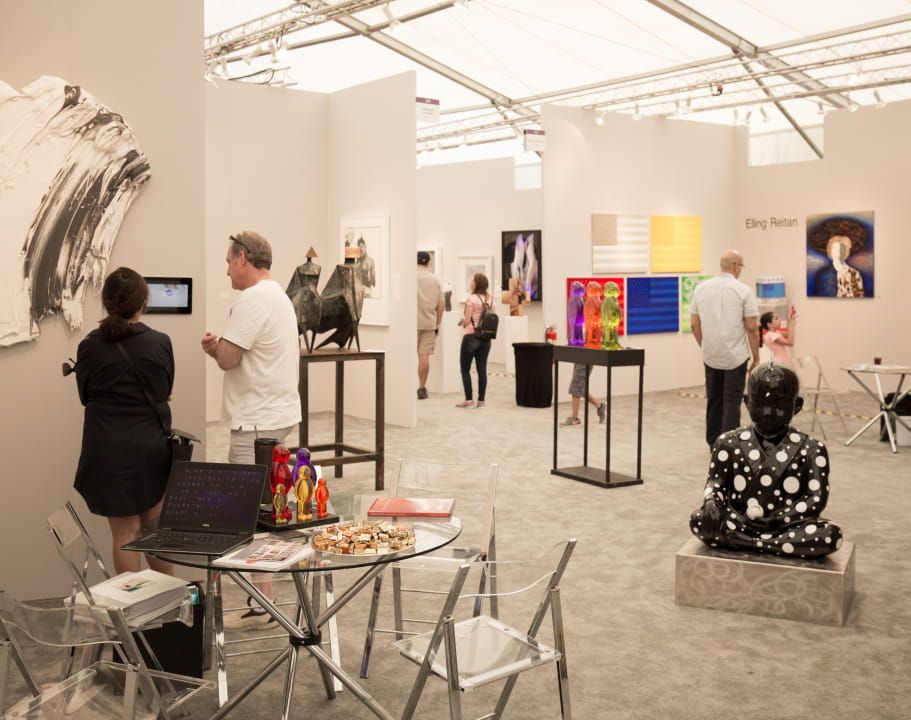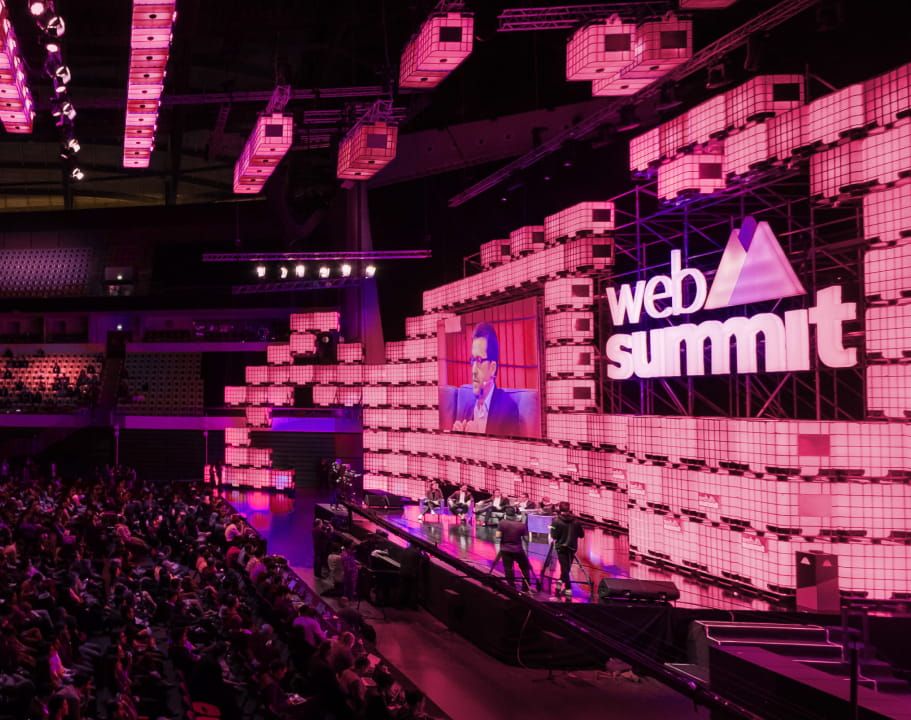Contents
Eid al-Adha is one of the most cherished periods of the year in Qatar, celebrated for generations. The city slows down, families come together and the celebrations light up the city.
Whether you’re planning for Eid al-Adha 2025 or are just curious to know how it usually goes in Qatar, this guide gets you covered. You’ll discover the meaning of Eid al-Adha and how it differs from Eid al-Fitr, public holidays, Qatari traditions during this day, Udhiya practices and how the festivities unfold across the country.
What is Eid al-Adha
Eid al-Adha holiday meaning
Before the feasts, the fireworks, and the flurry of family visits, Eid al-Adha begins with a story. A story that’s been passed down for centuries and reflects the meaning of devotion, sacrifice, and what it truly means to give. And if you’ve ever had to explain to a child why we have to let go of the poor sheep, you’ve probably told this exact story.
It all began with a dream. Prophet Ibrahim (Abraham) saw himself in a vision, ordered by God to sacrifice his own son. He told his son about the vision. And in one of the most moving moments of faith and surrender, his son replied as recorded in the Qur’an:
“O my father, do as you are commanded. You will find me, if Allah wills, among the patient.” - Surat As-Saffat (37:102)
Just as Ibrahim raised the knife, the test came to an end. His son was spared. A ram, a male sheep, was provided instead. From this day, Eid al-Adha begins—a commemoration of deep faith, unwavering trust in God, and the willingness to give.
The difference between Eid al-Adha and Eid al-Fitr
You might be confused: two Eids? Well, yes! And each one is special in its own way.
Let’s first learn the significance of Eid. The word itself means “celebration,” and Muslims around the world mark two major ones every year. And no, they’re not just “part one” and “part two.”
Eid al-Fitr wraps up the month of Ramadan with sweet treats, festive gatherings, and that first sip of coffee after fasting. If you gave up coffee during Ramadan, you know exactly how good that Eid coffee is. Eid al-Adha, on the other hand, comes two months later and honors the story of Prophet Ibrahim and the values of faith, sacrifice, and compassion.
Qatari Eid: How families celebrate
Let’s step into a Qatari home on Eid al-Adha, and walk you through a typical day during the Eid festivities.
Morning: Musallah prayers
In the early morning of Eid, you’ll start to hear the distant sound of “allahu Akbar, allahu Akbar, La ilaha illa allah”. These sacred chants and the scent of bakhoor (incense) spread through the air, quietly awakening the city. Families begin dressing up in their finest clothes to attend the Eid prayer.
These prayers differ from regular prayers. Instead of being held in mosques, they are performed in wide outdoor spaces called Musallahs, where the entire community unites side by side. After the final Ameen and a powerful khutbah, the atmosphere shifts and the celebration begins.
Udhiya: The highlight of the day
After the Eid prayer, it’s now time for Udhiya, the highlight of the day. It is the ritual of sacrifice that honors Prophet Ibrahim’s devotion.
There are two main ways people carry out Udhiya in Qatar. Some opt for the traditional route of purchasing the sheep, goat, camel, or cow and arranging for the sacrifice through licensed slaughterhouses. Others choose a more convenient option by donating to trusted charities that handle the process from purchasing the animal to distributing the meat to those in need.
How to perform Udhiya
Feast and family time
By midday, the house starts to come alive. Elder family members sit in the majlis, a traditional sitting room, enjoying their Arabic coffee. And children run around with Eidiyah, banknotes that uncles and aunties gave them. Soon, the aroma of festive dishes made with udhiya meat fills the air, indicating it’s almost time for some machboos or harees.
Hospitality is at the heart of Qatari Eid traditions. In the evenings, neighbors and friends drop by with trays of sweets, and no guest leaves without a full stomach or a takeaway box.
It’s a day of faith, food, and full houses. But the joy extends far beyond the home, into the streets, parks, and cultural spaces of Qatar, where the whole country joins the celebration.
Eid in the City: Celebrating across Qatar
When Eid al-Adha arrives, Qatar comes alive. Across the country, streets light up, music is in the air, and you can sense the festive buzz everywhere. Here’s where you can experience the magic.
Cultural Events and Citywide Fun
-
Katara Cultural Village becomes a cultural hub where you can see folkloric shows, live music, and get your hands dirty in craft workshops.
-
The streets of Souq Waqif and Souq al Wakrah get busy with street performers, storytellers, and mouthwatering food stalls. You may be too full from a heavy lunch, but you can always make room for dessert.
-
Msheireb Downtown and al Khor Corniche elevate the magic with light shows, projection mapping, and interactive activities for kids and families.
-
In towns like al Daayen, Umm Salal, and al Shahaniya, local municipalities host fireworks, outdoor meals, and community events.
Entertainment, fireworks & malls
Eid evenings in Qatar’s malls are anything but quiet. Most of them stay open late into the night, hosting live shows, character parades, and games that keep the Eid spirit fun for kids and adults. It's the perfect moment to stroll, shop, and enjoy the festive energy. Here’s a list of malls that typically host Eid activities:
|
Name of Mall |
City |
|
Mall of Qatar |
al Rayyan |
|
Doha Festival City |
Doha |
|
Tawar Mall |
Doha |
|
Gulf Mall |
Doha |
|
Msheireb Galleria |
Doha |
|
Royal Plaza Mall |
Doha |
|
Al Hazm Mall |
Doha |
|
Lagoona Mall |
Doha |
|
Place Vendôme Mall |
Lusail |
|
Hyatt Plaza |
Doha |
For those seeking a quieter Eid
While many chase the fun, some find joy in stillness. Not everyone’s into the crowds and fireworks. A walk along the Doha Corniche or al Khor Corniche lets you trade crowds for sea breezes and endless views. For those drawn to green open spaces, Aspire Park, al Bidda Park, and al Wakrah Beach offer room to breathe and relax at your own pace.
Public holidays and opening hours
During Eid al-Adha in Qatar, everything starts running at a slower speed. There’s a refreshing change of pace to daily life. To help you plan ahead, here’s a quick guide on the expected holiday period and business hours for the different institutions.
Note: As of now, official announcements for 2025 are pending. What follows is based on patterns from the previous years and will be updated as soon as official information is available.
When is Eid al-Adha 2025 in Qatar?
This year Eid al-Adha will start on Friday, June 6. Most sectors take days off to enjoy the festivities. Here’s what to expect:
-
Government Sector: Typically gives a three to five-day holiday.
-
Private Sector: Most companies provide their employees with three days of paid leave, although the duration may differ from one organisation to another.
Educational Institutions: Public and private schools and universities are expected to close for the Eid break. Some schools may stretch the holiday from June 4 to June 12, 2025. This is perfect timing for a family getaway or a little staycation.
Business hours during Eid al-Adha
Malls, shops & restaurants
Most businesses tweak their hours slightly during the Eid period. Here's what to expect:
-
Malls and large shopping centers usually open from 10 AM to midnight. Shops might open more slowly on the first morning as everyone is at Eid prayer and enjoying their slow morning.
-
Souqs come alive in the evenings, typically from around 4 PM until late, perfect for a post-heavy lunch stroll.
-
Supermarkets and convenience stores: Most work reduced morning hours on Day 1 but remain open throughout Eid.
-
Restaurants and cafés: Most restaurants and cafés are back to business as usual from Day 2 onward, but you can always find some that are open on Day 1.
Hospitals & pharmacies
No need to worry! Healthcare services keep running throughout Eid, even if some schedules shift slightly.
-
Emergency departments and major hospitals operate 24/7 as usual.
-
Outpatient clinics and specialist services are usually closed on the first two days and start reopening later.
-
Private clinics often reopen a bit earlier, but might run on reduced hours, so it’s always good to call ahead.
-
Pharmacies inside malls and petrol stations generally stay open, but it’s better to double-check with your nearest branch just in case you catch them mid-celebration.
Transportation & public services
-
Public transport (metro and bus) runs on Eid holiday schedules. Metros often extend evening hours, while Karwa buses may slow down a bit on Eid mornings.
-
Taxis and ride apps (Uber, Careem, Karwa Taxi) are available. But expect higher demand, especially around Musallahs and major celebration spots. always try to anticipate and book early.
-
Depending on the sector, public offices (like ministry branches, embassies, and service centers) close for 3 to 5 working days. The good news is that online platforms like Metrash and Hukoomi stay open for basic services.
Quick tips for the Eid holiday week
- Book early for beauty salons, barbers, or meat processing services as they fill up fast.
- Grocery shop in advance, especially for meat, spices, and baking supplies.
- Traffic peaks around major Musallahs and commercial centers. Consider planning your route with extra time.
FAQ
Can non-Muslims participate in Eid celebrations in Qatar?
Are businesses closed on Eid al-Adha in Qatar?
Can I perform the Eid sacrifice (Udhiya) at home in Qatar?
How do you wish someone a happy Eid al-Adha?
When is the Eid al-Adha prayer in Qatar?
